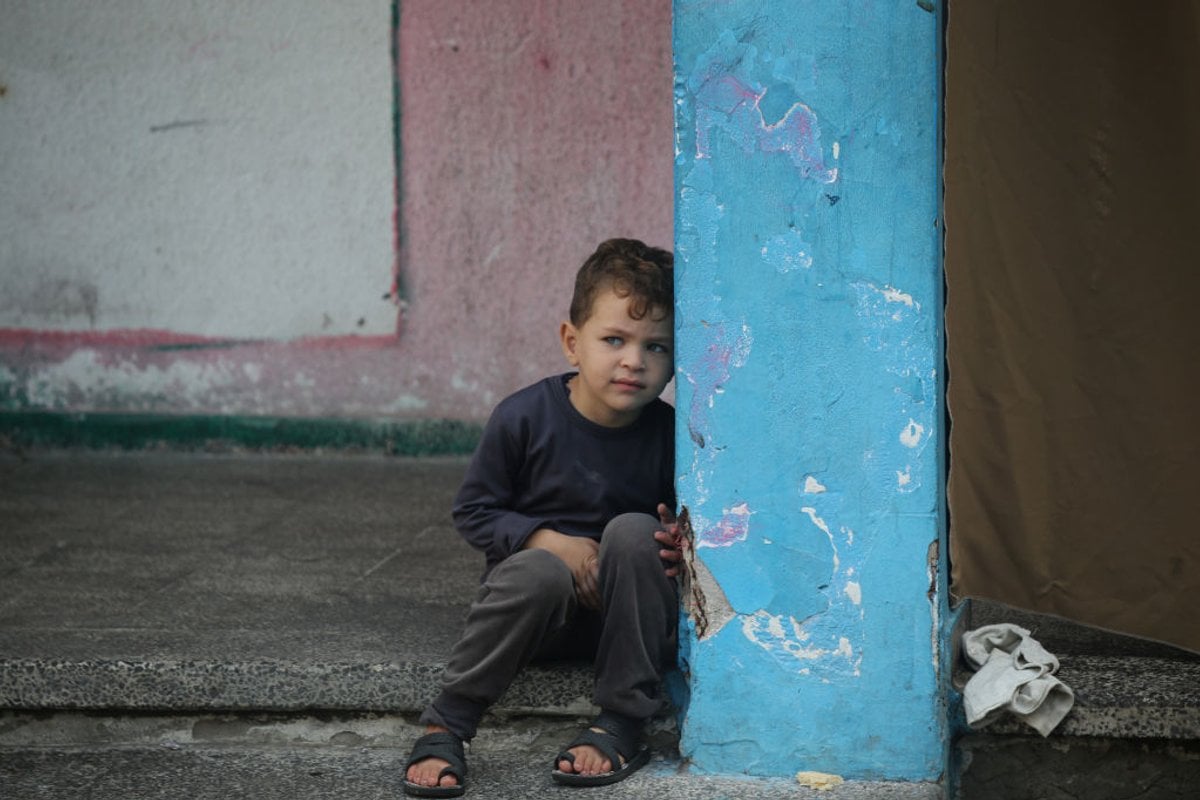
Israel has officially declared war on Hamas, vowing to use force “like never before”.
The declaration, by Israeli Prime Minister Benjamin Netanyahu, comes more than 48 hours after an unprecedented and deadly attack by Islamic Militant Group, Hamas, which reportedly killed more than 900 people, including at least 260 Israeli civilians who were attending a music festival near the Gaza border.
Thousands more were wounded and dozens taken hostage, including women and children, many of whom appeared injured in video footage, and paraded around by militants prior to their capture.
Hours after Netanyahu’s announcement, a Hamas spokesperson said the militant group would kill civilian hostages and broadcast their executions if Israel targeted people in Gaza without warning.
Israeli airstrikes have reportedly hit more than 500 Hamas and Islamic Jihad targets in Gaza, with the region’s health ministry revealing a death toll of more than 687 people, including at least 100 children.
Amid explosions and air sirens ringing over Israel as incoming missiles were brought down, Netanyahu said the destruction of Hamas strongholds were “just the beginning”, as the country attempts to rescue hostages and regain control.
The Palestinian health ministry said Israeli retaliation had killed five medical staff and injured 10 others, as a spokesperson for the Israel Defence Force said Hamas was responsible for any civilian casualties.
What is Hamas?
Officially considered a terrorist group by the Australian and US governments due its use of ideology-based violence, Hamas is the official governing body of the Gaza Strip, having won legislative elections in 2006.




























































































